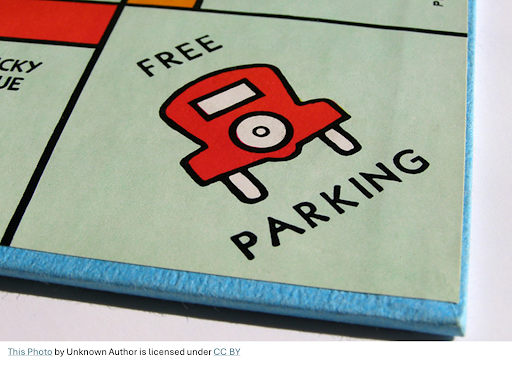The tragic circumstances in my own life became my reason for writing this article. A former classmate of mine in high school killed himself on Dec. 30, 2018. We had participated in theater productions together, we were in the same classes and I remember asking him to be my Homecoming date in 2012. On Jan. 5, my high school community and I came together for the funeral. I saw the church filled to the point where people had to stand in the back, and many were crying and holding each other for the duration of the funeral. My own heart was broken as I realized someone I once knew and saw five days a week was forever gone.
But how does my own story about someone not many people at our university knew affect the DU community? How can students at DU relate to this? Why even bring up such a sensitive topic?
The fact is that it’s not only a small high school in Parker, Colo. affected by suicide but our state as a whole. The suicide rate among teenagers in Colorado is among the highest in the nation. In 2018, it was reported that 17.6 percent of teens in Colorado had committed suicide, a 4.7 percent increase from 2016.
While there are many reasons that the suicide rate in Colorado is at an all-time high, one reason is the stigma surrounding discussion about suicide and mental health. Some people in mountain states such as Colorado may adhere to the belief of individualism: that problems should be handled on one’s own or within the family. Reaching out for outside intervention, such as mental health care providers, may be seen as “weak” or unable to “deal with the real world.” Currently, 60 million people who live in rural America have limited access to psychologists and other mental health professionals, and they have a higher rate of suicide by firearms, since this area of the U.S. has greater access to it.
This reason needs to end. No one should be called “weak” for reaching out for support during dark thoughts and times. No one should be shamed into hiding their mental pain from fear of rejection. What needs to be done is to give assurance that someone who may have suicidal ideations can reach out to someone and know that they will be listened to and loved.
It can be hard to know what to do when you discover someone may be suicidal. You may not understand why they feel this way or how to help them. You may not even know why that person reached out to you. But one place to start is to simply listen. Let them talk to you about what they feel. Give that person assurance that they are heard, they will not be judged and that, most importantly, they are loved. And please, notify school officials, hospitals or the police to let them know someone could potentially kill themselves, so that the person can be under the safe care of those who are well-equipped to take care of them and give them further love.
Unfortunately, this article will not bring my classmate back. However, what this article can do is bring more awareness so that further tragedies can be prevented and keep the conversation going about suicide prevention.
If you are having suicidal ideations or thoughts, call the Colorado Crisis Line (1-844-493-8255) or the National Suicide Hotline (1-800-273-8255). DU students may also call the Office of Student Outreach and Support at 303-871-4724.











